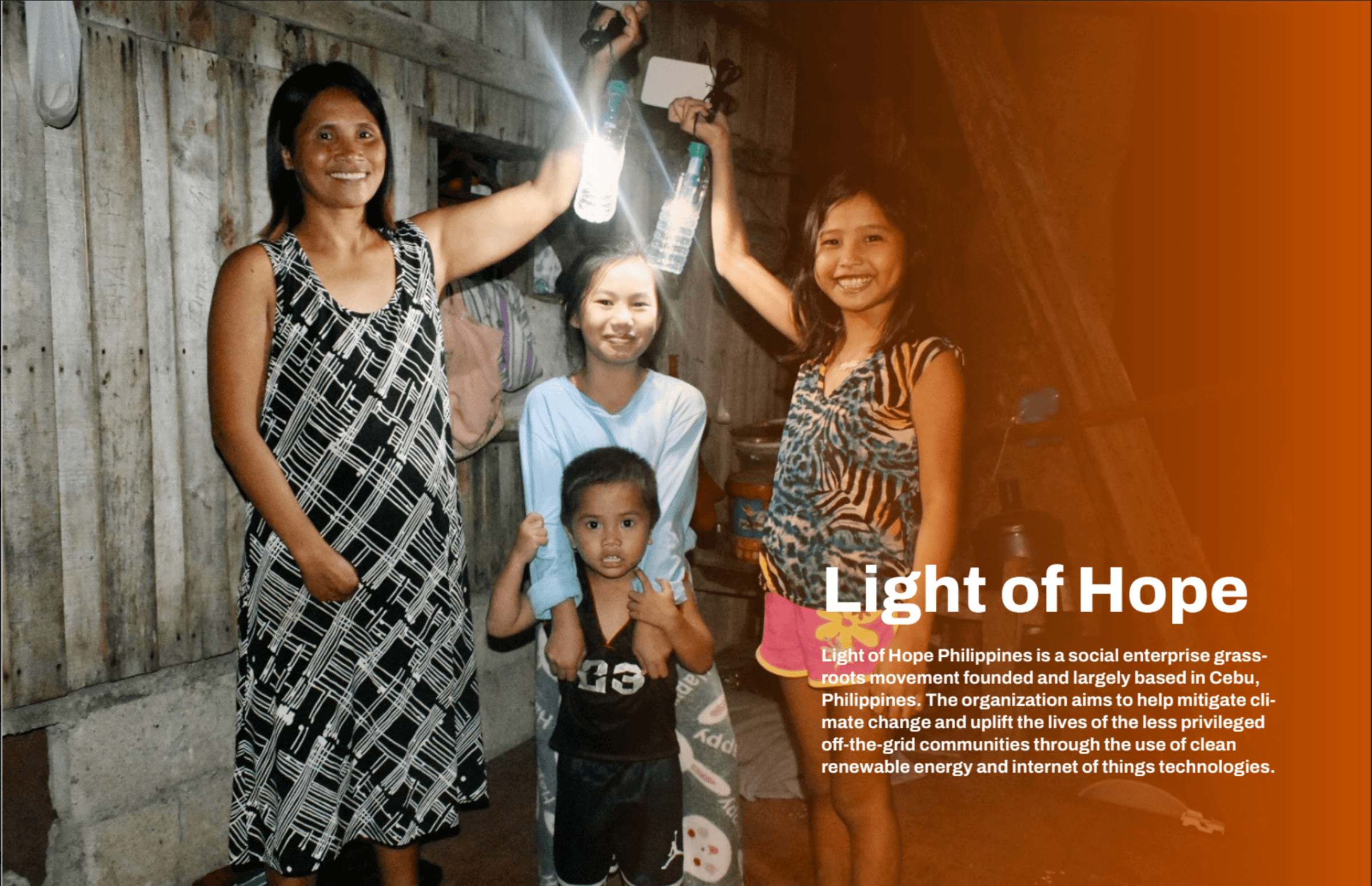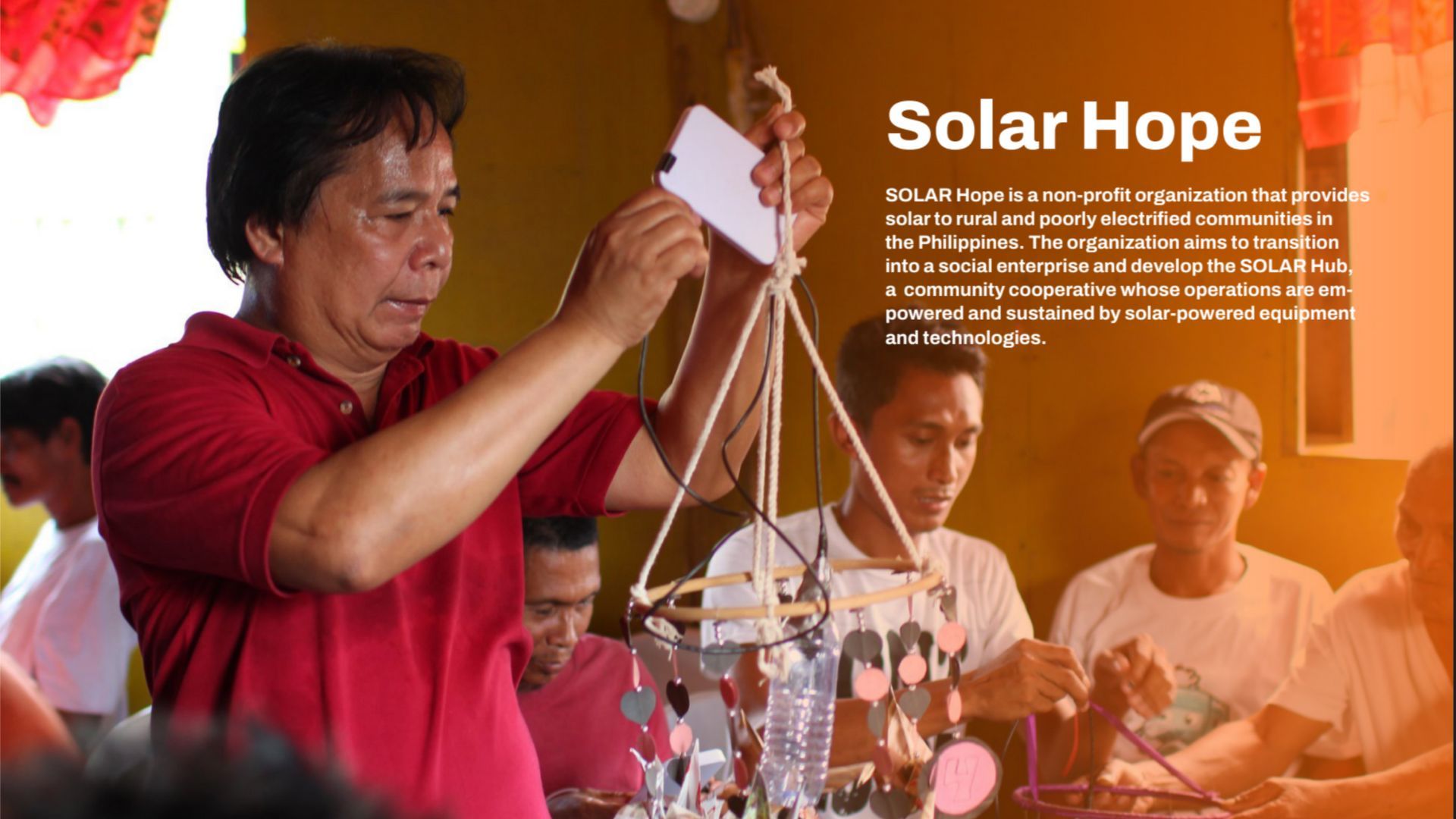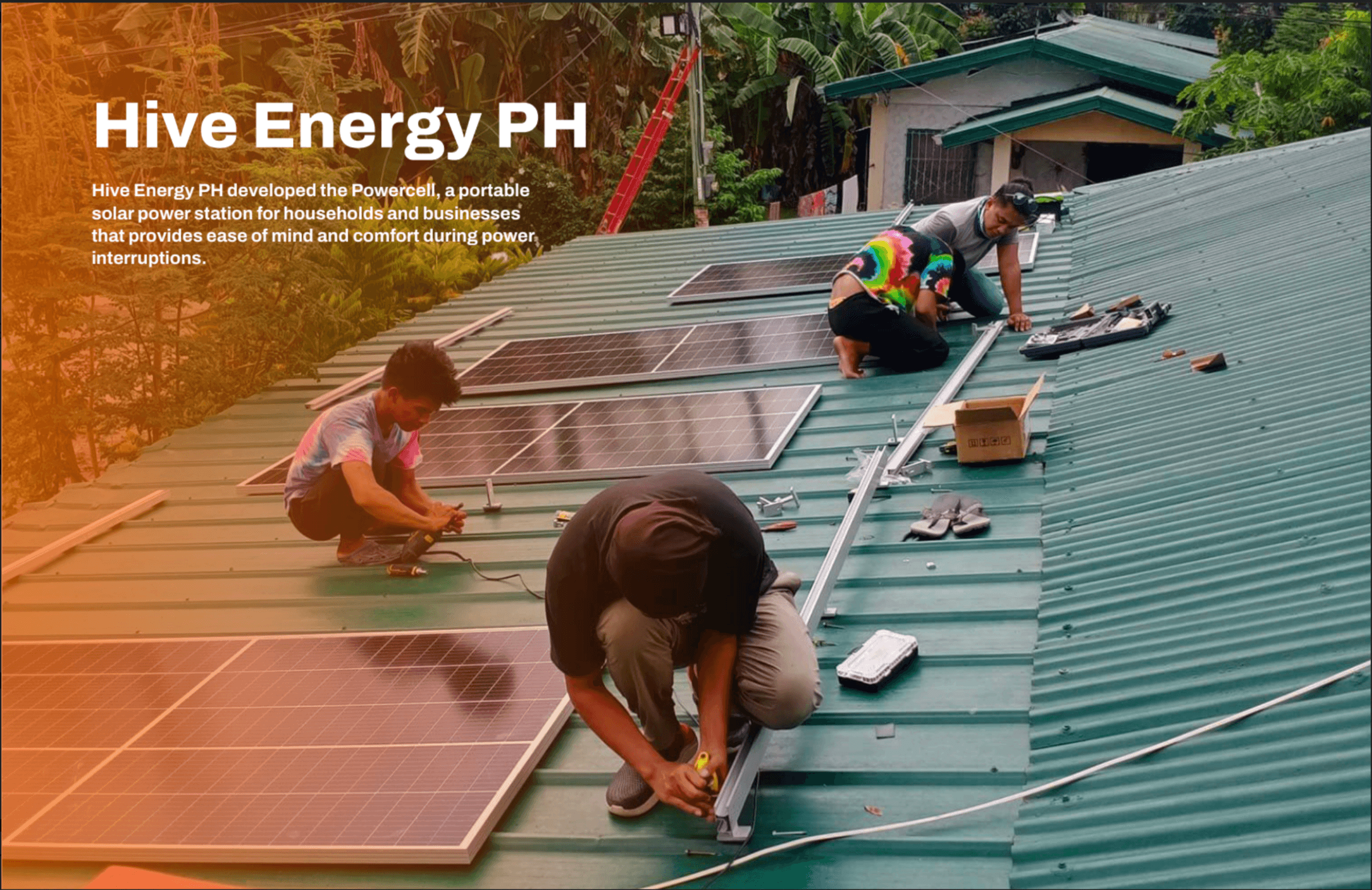PH clean energy startups increase but more support needed
New Energy Nexus report reveals six-fold rise in PH clean energy startups and gaps to fill
By Mat Richter
A new report by New Energy Nexus (NEX) reveals the Philippines currently has 91 clean energy and climate startups, marking a six-fold increase from 15 startups in 2020.
Most ventures are found in Metro Manila, but entrepreneurs from Northern Mindanao and Calabarzon are emerging in the field. The developments stem from enhanced opportunities for clean energy businesses, supported by over 100 national energy policies and incentives that help entrepreneurs adopt clean energy.
Almost half of these startups are in the renewable energy generation industry (Dali Innovative Solutions, Hive Energy PH) while others are in e-mobility (Lycan, Sunetrike), energy access (Rise Rural PH, Solar Hope), and waste management sectors (Straw Innovations, Salin PH).
Despite improvements in the country to embrace green energy, support systems still need to catch up.

It takes a village
The study highlighted gaps in the public sector, including complicated bureaucratic processes, insufficient local resources, and potential policy changes that hinder many entrepreneurs from accessing government funding and incentive programs. Areas lacking clean energy representation include the Cordillera region, Region 2, Region 8, and Soccsksargen.
“The Filipino clean energy innovation ecosystem has shown huge progress and promise in the past years, but the nascent space runs the risk of stalling because of lack of access to networks, funding, testing facilities, and skills training,” said Brenda Valerio, country director at New Energy Nexus PH. “Local entrepreneurs are best placed to understand how to deploy solutions in their communities and transition our economy more equitably to clean energy. It really does take a village to build and deploy these solutions.”
According to NEX, there is a lack of research, testbeds, and facilities in the country that, if resolved, can improve clean energy technologies. Some ventures also need upfront investment, but many are not prepared to handle large capital injections.
"In my observation, most startups are not yet ready for the type of funding that's currently available. We have to recognize that many of these companies are still at an early stage in their development,” said Rachel Santiago-Sacro of venture fund Clime Capital. “It's crucial that we provide support at every stage of a startup's journey, not just when they're ready for significant investment.”

To boost financial support for green energy in the country, the report recommends “experimenting with diverse funding mechanisms and de-risking strategies to create a more investor-friendly environment for both institutions and innovators” which can be achieved through public-private partnerships, venture capital, and crowdfunding.
Valerio also advised that government agencies, think tanks, and non-government organizations must collaborate instead of working independently.
Green and clean
The shift from heavy reliance on fossil fuels, the key driver of climate change, to clean energy is a needed step to ensure that future generations can still cherish the resources we have today.
In turn, nonprofit NEX strives toward a 100 percent clean energy economy. According to NEX, its programs locally have helped almost 1,000 entrepreneurs through accelerator programs, training, and networking opportunities, and supported over 90 percent of the country's clean energy and climate startups.
In ramping up green energy solutions, 18 out of 91 energy startups have raised almost $1.3 million with the help of NEX, with only 13 percent coming from private loans and investments.
“This is where support from the private sector, government, and nonprofits is required—beyond early-stage funding, startups need to access venture capital and growth-stage funding in order to scale and access new markets,” the organization stressed.

Many networking opportunities for ventures in various sectors offer guidance, including the Philippine Startup Week, Asian Clean Energy Forum, and the 10th PH Electric Vehicle Summit, which would help new companies better navigate the clean energy sector by connecting with industry experts.
Academic and training institutions should also integrate comprehensive energy-related subjects into their curriculums. As per the organization, it would help graduates possess the needed skills and knowledge to help the sector transition away from fossil fuels and imported energy sources.
“The report calls for streamlining regulatory processes for ease of business, enhanced support on market access, integration of energy innovation and entrepreneurship topics in academic curricula, and fostering a community of various stakeholders to facilitate mutual learning,” NEX added.
Fossil fuels offer convenience at a massive environmental cost. While transitioning from non-renewable sources to clean energy sounds impossible overnight, nonprofit organizations like New Energy Nexus prove that progress is achievable through gradual, collective efforts. No man can save the planet alone, but we are ultimately accountable for its degradation, requiring each of us to contribute to save the Earth; lest we forget, it is our shared and only home.